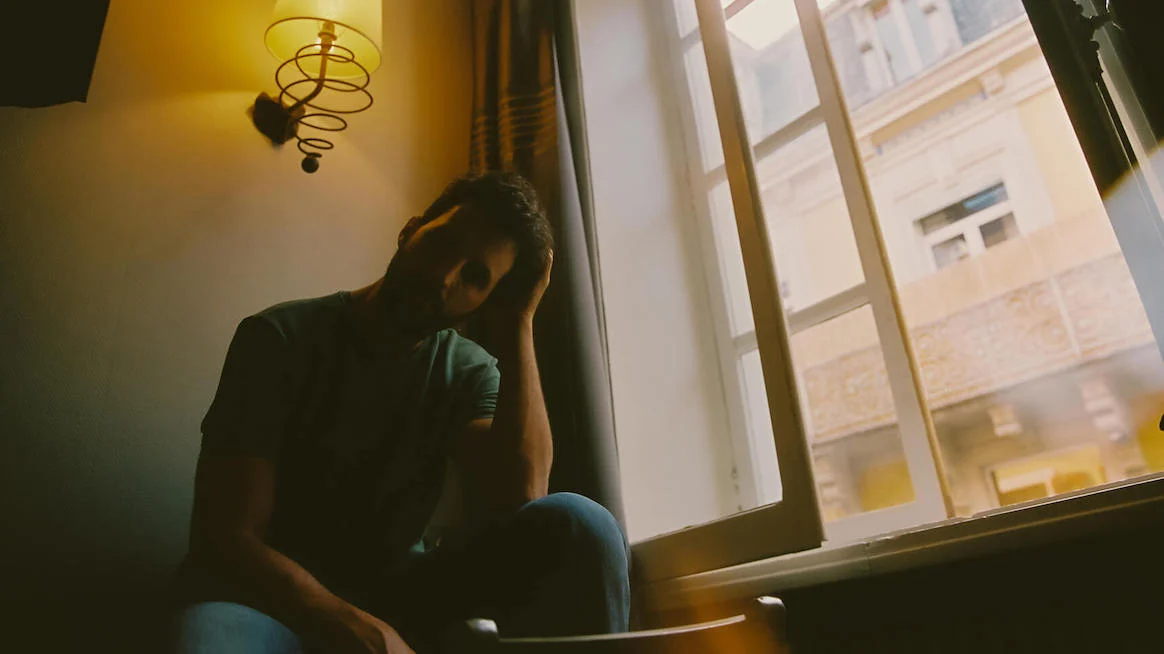In the face of grief and tragedy, your mental health doesn’t have to be in shambles. While sympathy, pain, and anger are normal emotions, learning how to process tragic news is key.
This Sunday, dozens of people died in a shooting at Owo, Ondo state. The internet was filled with messages of people mourning the unfortunate demise of the victims.
While it is expected that the whole nation is shaken by grief, you still have to protect your mental health, here’s how;
Express your emotions
Dealing with negative emotions does not mean you have to wish the feelings of anger and sadness away.
Cry if you have to, say how mad you are about the state of the country, have an action plan on how the country can be better but move on from those negative emotions, and don’t wallow in them.
READ ALSO: African football like war’ – Iwobi boasts ahead of AFCON qualifier
Don’t give in to helplessness.
It’s okay if you are numb
Even though everyone is expressing their condolences via status updates and tweets, it’s okay if you have nothing to say, if you have no epistle or rant to write, deal with grief the best way you know how.
Honor the dead
Perhaps by retweeting the calls for blood donors, being a blood donor, donating money to the families, observing a minute of silence at work, or praying for their family.
Honoring the dead is a good step to overcome the pain of tragedy.
Go off social media
You don’t have to feed yourself with the imagery of people wailing via their status and posts.
It’s okay if you need some quiet off the noise of social media. Put off your phone and do something to take your mind away from what is currently happening.
Be stoic
I know this might be callous, but tragedies are part of life and unfortunately in Nigeria, they happen ever so often.
Accept that wickedness exists in this world, and evil will always happen.
Don’t give in to survivor’s guilt
Survivor’s guilt is an emotion people feel when they escape life-threatening situations and others didn’t.
Survivors’ guilt stems from the narcissistic belief that you could have done something to save them and it is somehow your fault.
These events were beyond your control, do not feel guilty for being alive.
Eat and continue your normal routine
You can’t mourn or help the dead by joining them. Eat good food, drink water, take walks, and continue your normal lifestyle.
The hurt and pain of Sunday afternoon might still linger, but the good thing about grief is it doesn’t last forever – keep that at the fore of your mind even as we plan to make things better.













